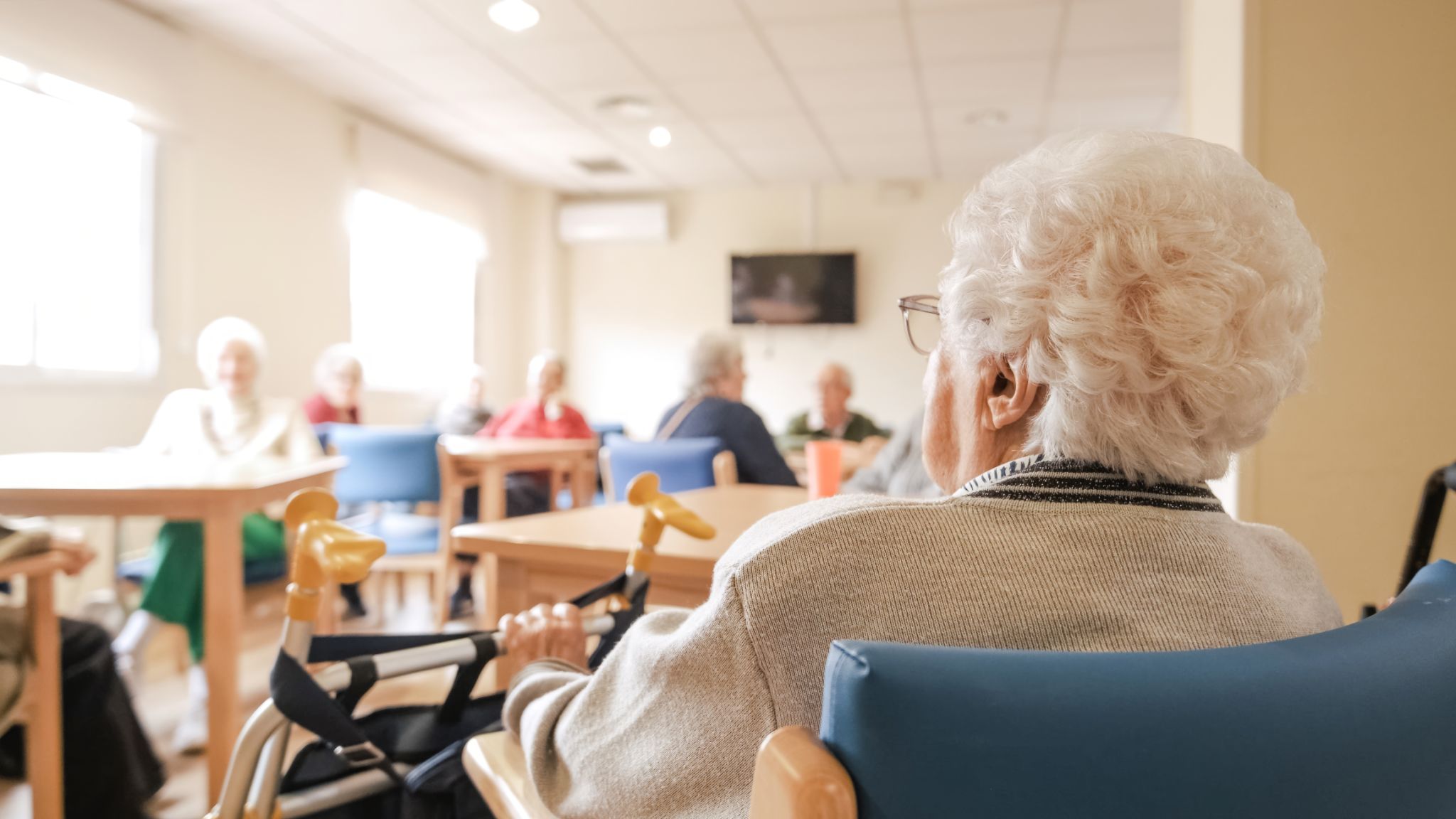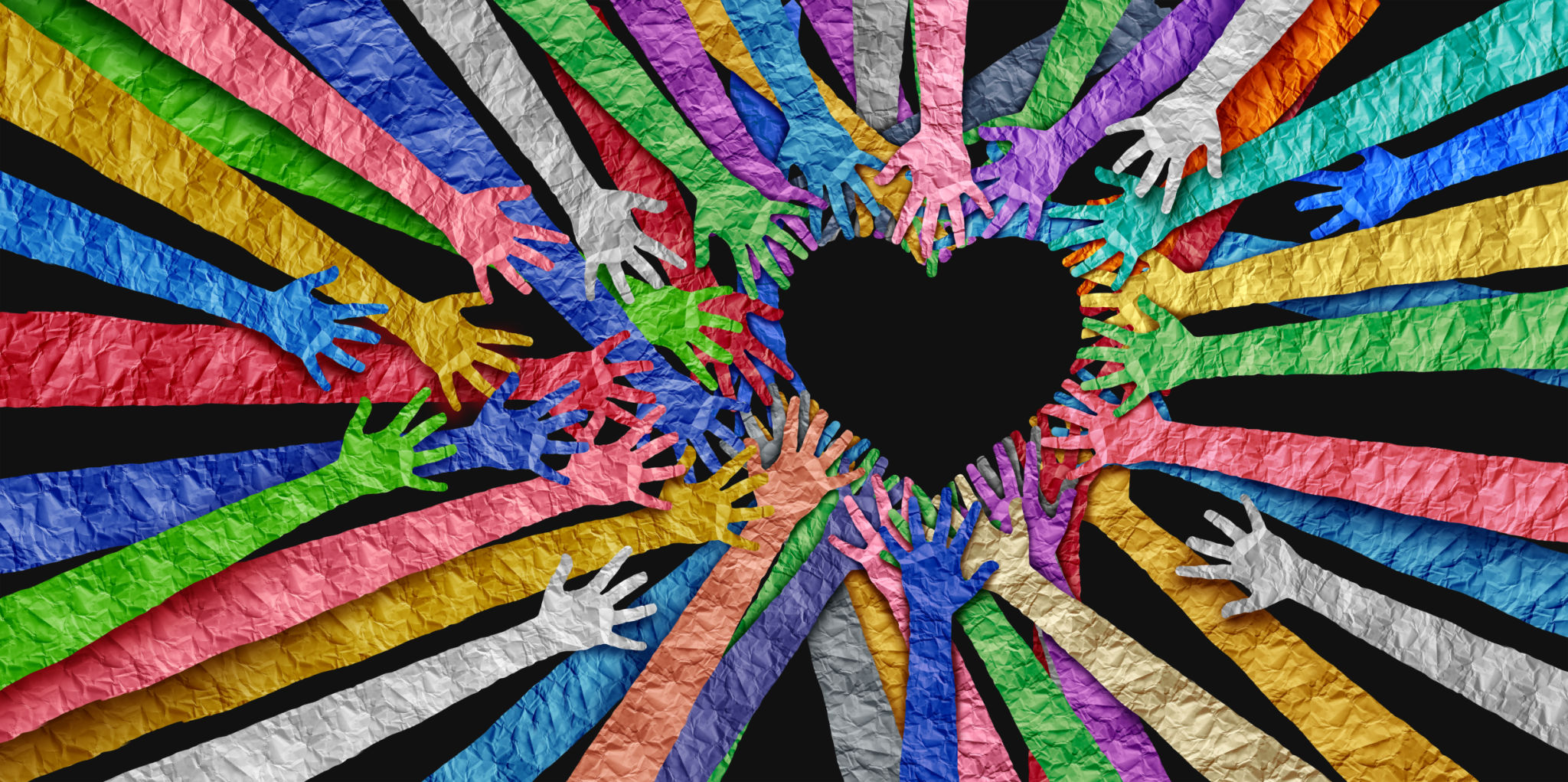Local Community Support for Families with Elderly Care Needs in Omaha
Understanding Elderly Care Needs
As families in Omaha seek to provide the best care for their elderly loved ones, understanding the specific needs of seniors is crucial. These needs can range from daily assistance with personal care to medical support and social engagement. Recognizing these requirements allows families to make informed decisions about the type of support their elderly relatives need to maintain a high quality of life.
Omaha offers a wealth of resources and services designed to assist families in navigating the complexities of elderly care. From healthcare services to community programs, understanding the available options can significantly ease the burden on family caregivers.

Healthcare Services and Support
The healthcare infrastructure in Omaha is robust, providing numerous options for families seeking medical support for their elderly members. Local hospitals and clinics offer a range of geriatric services, including routine check-ups, specialized treatments, and emergency care. Additionally, many facilities have home healthcare services that bring medical assistance directly to seniors' residences.
Moreover, several organizations in Omaha provide respite care services. These services offer temporary relief for primary caregivers, allowing them to take a break while ensuring their loved ones receive professional care. This is essential in preventing caregiver burnout and maintaining a healthy family dynamic.
Community Programs and Initiatives
Omaha's community is rich with programs aimed at supporting families with elderly care needs. Local community centers often host events and activities tailored to seniors, promoting social interaction and mental stimulation. These activities not only enhance the well-being of elderly individuals but also give caregivers some much-needed time to recharge.

Furthermore, several non-profit organizations in Omaha focus on providing resources and support specifically for elderly care. These organizations often offer workshops, support groups, and educational materials to help families better understand and manage the complexities of caring for an aging relative.
Financial Assistance and Resources
Understanding the financial implications of elderly care is a significant concern for many families. Luckily, Omaha offers various financial assistance programs to help ease these burdens. Families can explore state-funded initiatives and private grants that provide monetary support for elder care services.
Additionally, consulting with financial advisors who specialize in elder care planning can be beneficial. They can guide families through budgeting for medical expenses, long-term care insurance, and estate planning, ensuring that financial resources are used effectively.

The Role of Technology in Elderly Care
Technology plays an increasingly important role in supporting elderly care in Omaha. From health-monitoring devices to virtual doctor appointments, technology helps seniors stay connected to healthcare providers while remaining in the comfort of their homes. This not only enhances safety and independence for seniors but also provides peace of mind for family members.
Families can also explore technological solutions for medication management and emergency alert systems, which are crucial in ensuring seniors' safety and well-being. The integration of these technologies into daily routines can significantly improve the quality of life for both seniors and their caregivers.
Building a Supportive Network
Establishing a strong support network is vital for families caring for elderly members. Engaging with local support groups or online communities can provide emotional support and practical advice from others facing similar challenges. Sharing experiences and learning from others can be incredibly beneficial in navigating the journey of elder care.
In conclusion, Omaha offers a comprehensive array of resources for families with elderly care needs. By exploring healthcare services, community programs, financial assistance, and technological solutions, families can ensure their loved ones receive the best possible care while maintaining their own well-being. Building a supportive network further enhances this journey, providing the necessary emotional and practical support along the way.